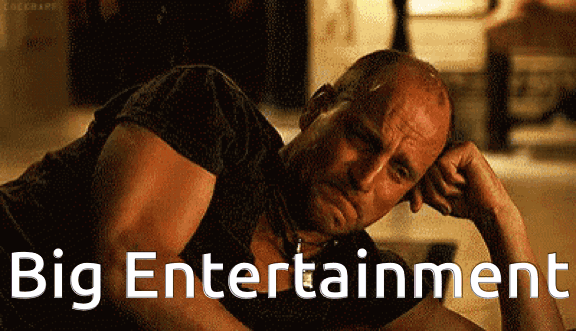We support our Publishers and Content Creators. You can view this story on their website by CLICKING HERE.
The broken McDonald’s ice cream machine is such a common occurrence at this point, it’s become its own trope.
The reasons why McDonald’s has such an issue with their machines extend from corporate sabotage:
To systemic racism:
But whatever the case, a recent ruling from the U.S. Copyright Office has freed the McFlurry.
It turns out, the big reason the machines could not be fixed regularly was because the software running them was tucked behind digital security codes that only certified technicians knew.
Moreover, other error codes can only be accessed by reading a service manual that is made available only to authorized technicians or through a ‘TPM-locked on-device service menu.’
This TPM menu could only be accessed using a specialized diagnostic tool or an “extended, undocumented combination of key presses.”
Even worse, it’s not clear if this “undocumented” 16-digit code still works because of updates to the firmware.
Added to this is the “threat of litigation from circumventing them inhibits users from engaging in repair-related activities.”
Yes, under Section 1201 of the Digital Millennium Copyright Act, which essentially makes it illegal to bypass digital security even if no copying of the copyrighted material occurs, McDonald’s could be sued for trying to repair an ice cream machine.

Now, thanks to the Copyright Office carving out an exception for broken retail machines, third-party repair services will be allowed to bypass this security to repair the machines and keep businesses from experiencing financial harm.
Needless to say, the manufacturer of McDonald’s nefarious ice cream machines was unhappy with the decision. Even the video game, movie, and music industries were unhappy with the decision.
‘During the hearing, Joint Creators I testified that “it seems like the proponents’ complaint about the Taylor [soft-serve] machines is that they display cryptic error codes and break a lot. But neither of those is a circumvention issue,'” the Register wrote. ‘Joint Creators I further noted that, to the extent that proponents seek an exemption for a specific third-party circumvention device, trafficking in that device would be prohibited by the anti-trafficking provisions of section 1201.’
Imagine if people were to repair their entertainment devices and media instead of buying a revocable license to stream them!

Thanks to McDonald’s, you can sit and watch your repaired VHS copy of Super Size Me while enjoying a readily available McFlurry.
P.S. Now check out our latest video 👇
Keep up with our latest videos — Subscribe to our YouTube channel!

 Conservative
Conservative  Search
Search Trending
Trending Current News
Current News 





